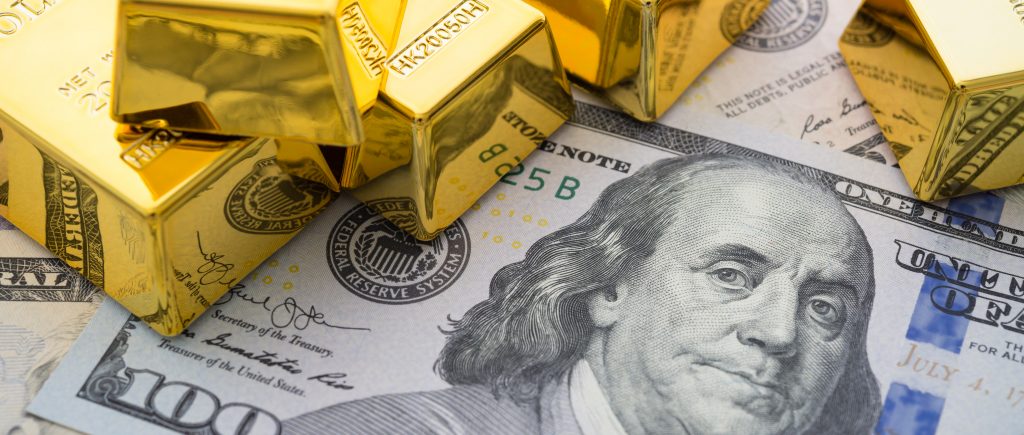Gold price has already touched highest that were last seen in April 2022 above $1,900. The precious metal has a bright outlook in the year ahead.
The precious metal is trading at $1918.70 per ounce at the time of writing versus the previous closing price at $19043.70. 2022 was a significant year for central bank gold purchases, buying 673 tons in the first nine months of the year, marking the highest in more than half a century.
According to a survey published in June 2022, fully 25% of central bank respondents said they had plans to increase their gold reserves. This ratio has increased each year since 2019 when only 8% expected to increase their gold reserves.
This continues a trend from the global financial crisis when central banks switched from being net sellers of gold until 2007 to net buyers every year since 2008. Average annual net gold purchases have been 419 tons, according to the World Gold Council.
Central banks telegraphing their gold sales could significantly impact the market. It certainly appeared to have in the UK treasury sales of 1999-2002, which were announced by the then Chancellor of the Exchequer Gordon Brown ahead of time. Gold prices fell and the UK sold at an average of $275 an ounce.
The People’s Bank of China purchased 32 tons of gold in November and another 30 tons in December. These are the first purchases by the Chinese central bank since 2019 and could mark the beginning of regular additions to its reserves.
The deteriorating global economic outlook will add to safe-haven demand for gold. In addition, there are several geopolitical risks that could continue elevated for the second year, encouraging investors to hedge. Trade tensions and currency risks will continue to prompt a number of countries to diversify their foreign reserves into gold.
Economists tend to expect demand for jewelry to grow 4% YoY, surpassing the expectations for physical demand that have also improved. China’s economic activity is heading to normality after reopening, consumer demand for gold could rebound.
India is relatively well positioned, underpinning jewelry demand. Central bank purchases of Gold are expected to continue, even if this happens at a slower pace from record purchases this year.
It is worth mentioning that the return of the Chinese bank to the gold market is significant because its $3.4 trillion in foreign exchange reserves dwarf gold production of 3,580 tons (2021), which at $2,000 per ounce would be valued at $0.23 trillion.
Since news broke in December that China is once again buying gold, the yellow metal has jumped in price from $1,800 to $1,910 per troy ounce.

 Noor Trends News, Technical Analysis, Educational Tools and Recommendations
Noor Trends News, Technical Analysis, Educational Tools and Recommendations




